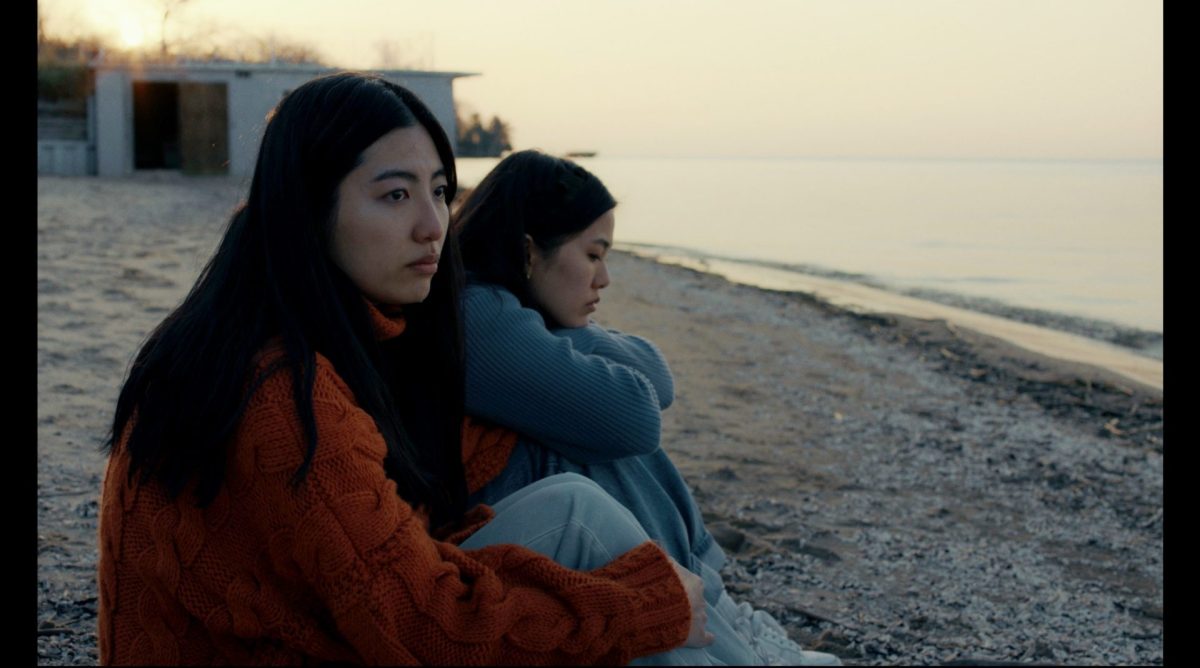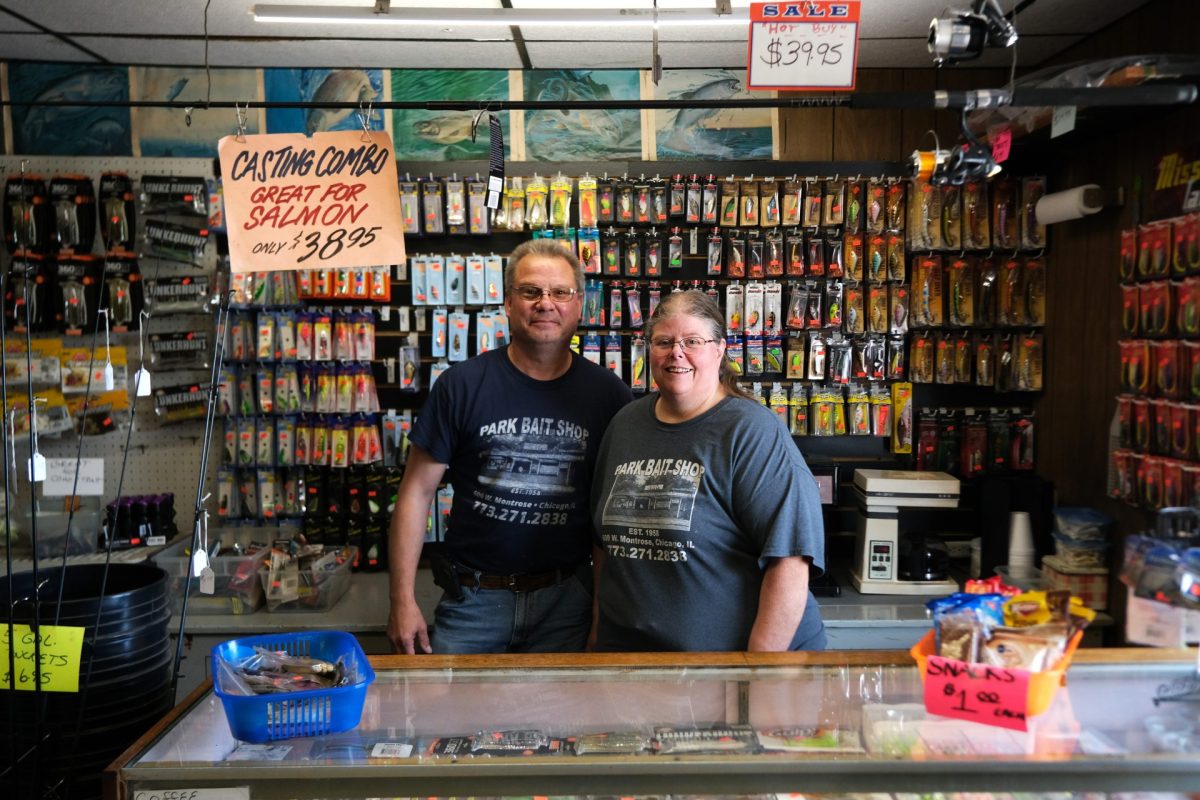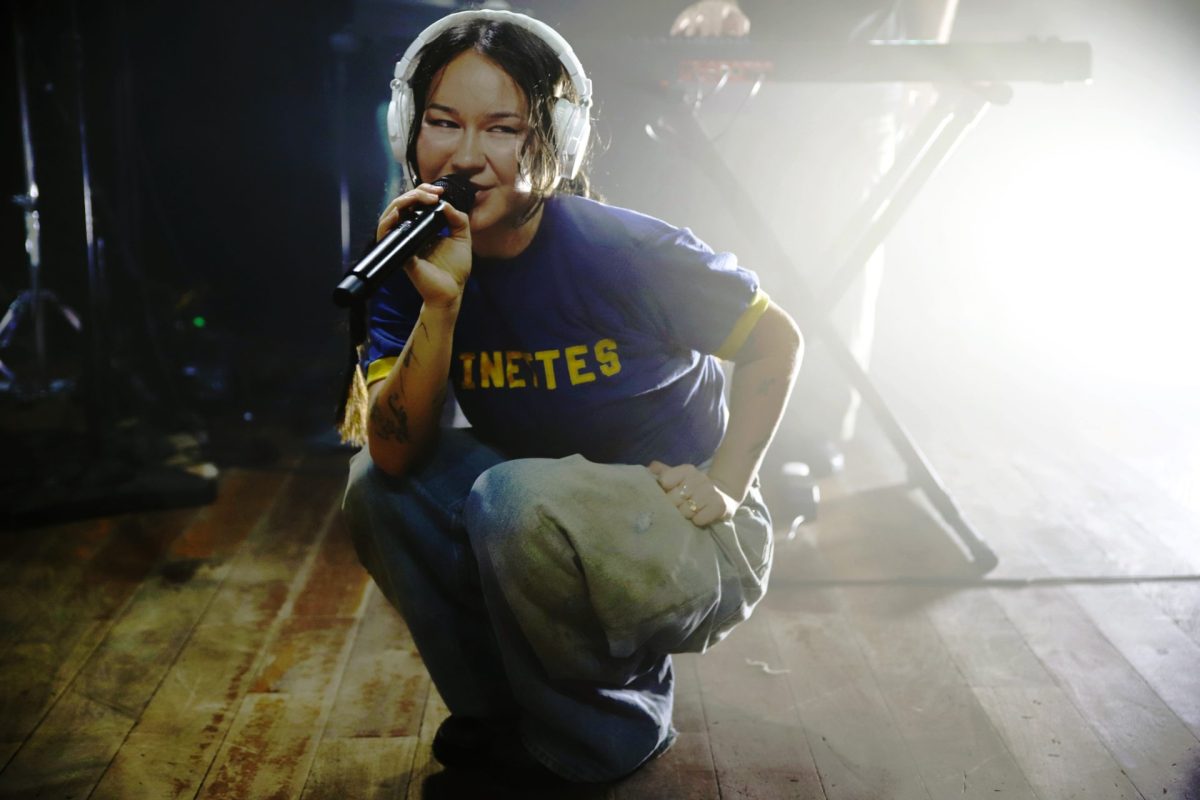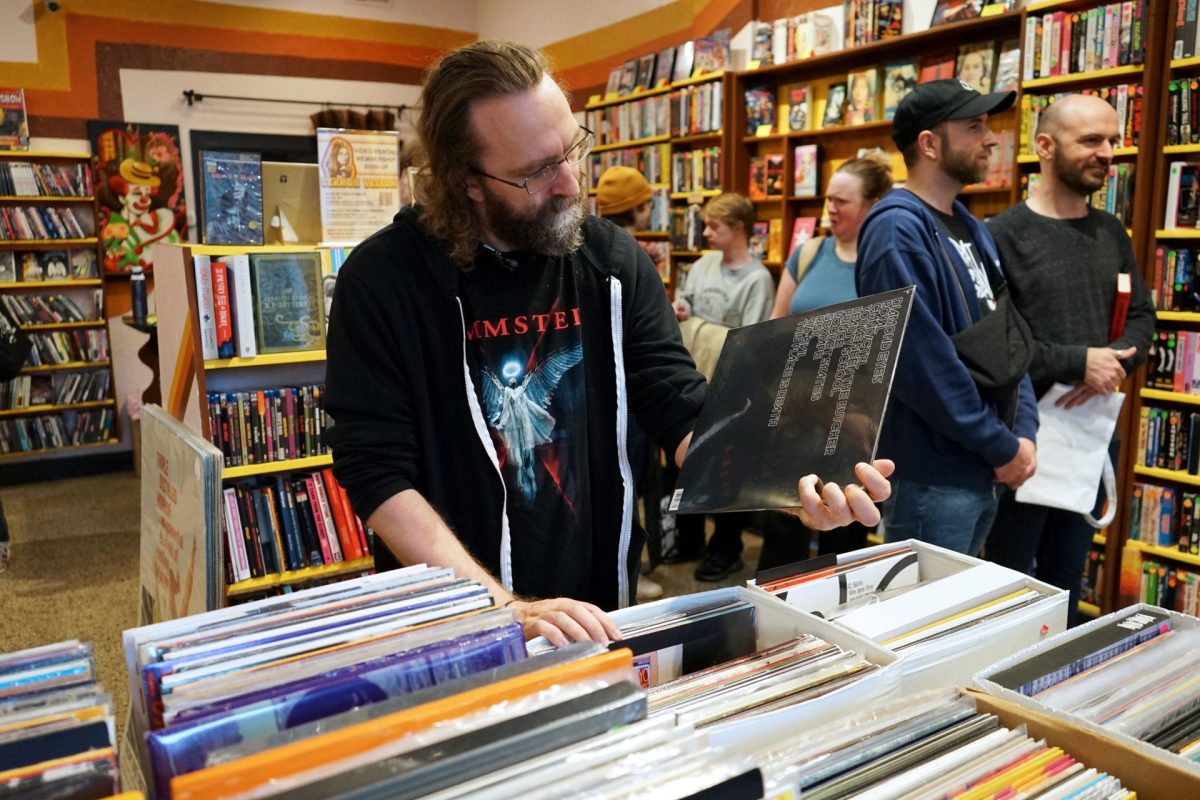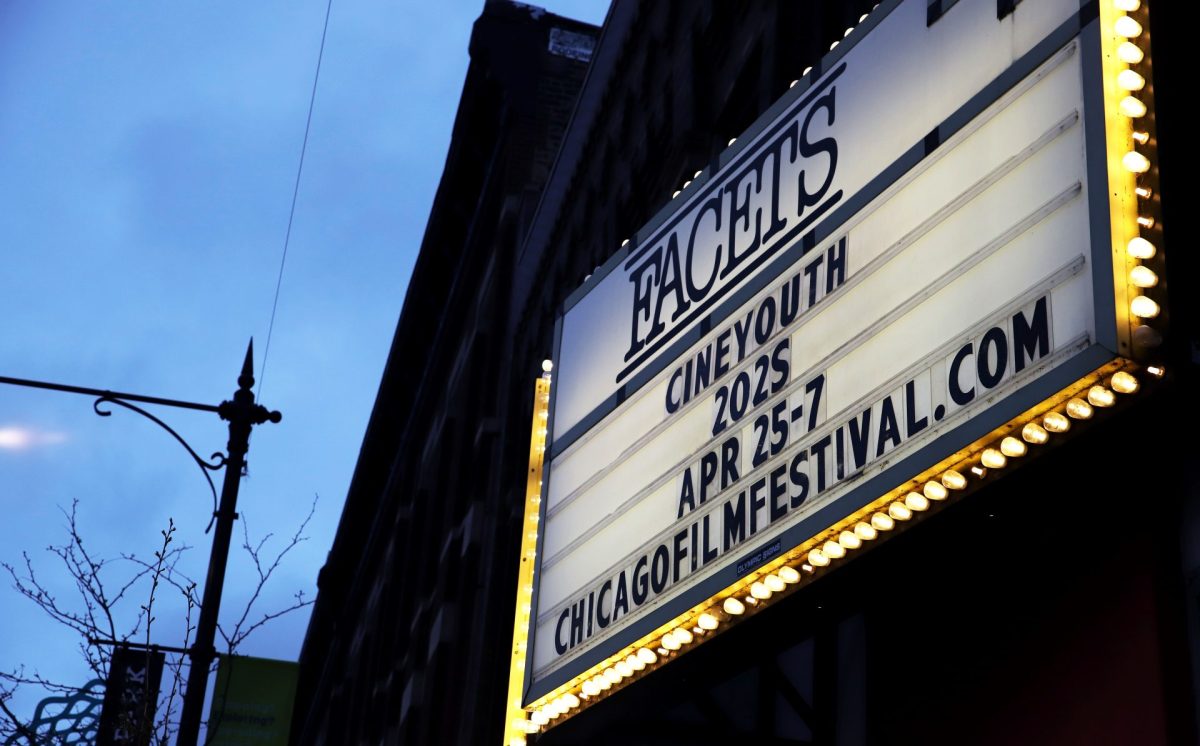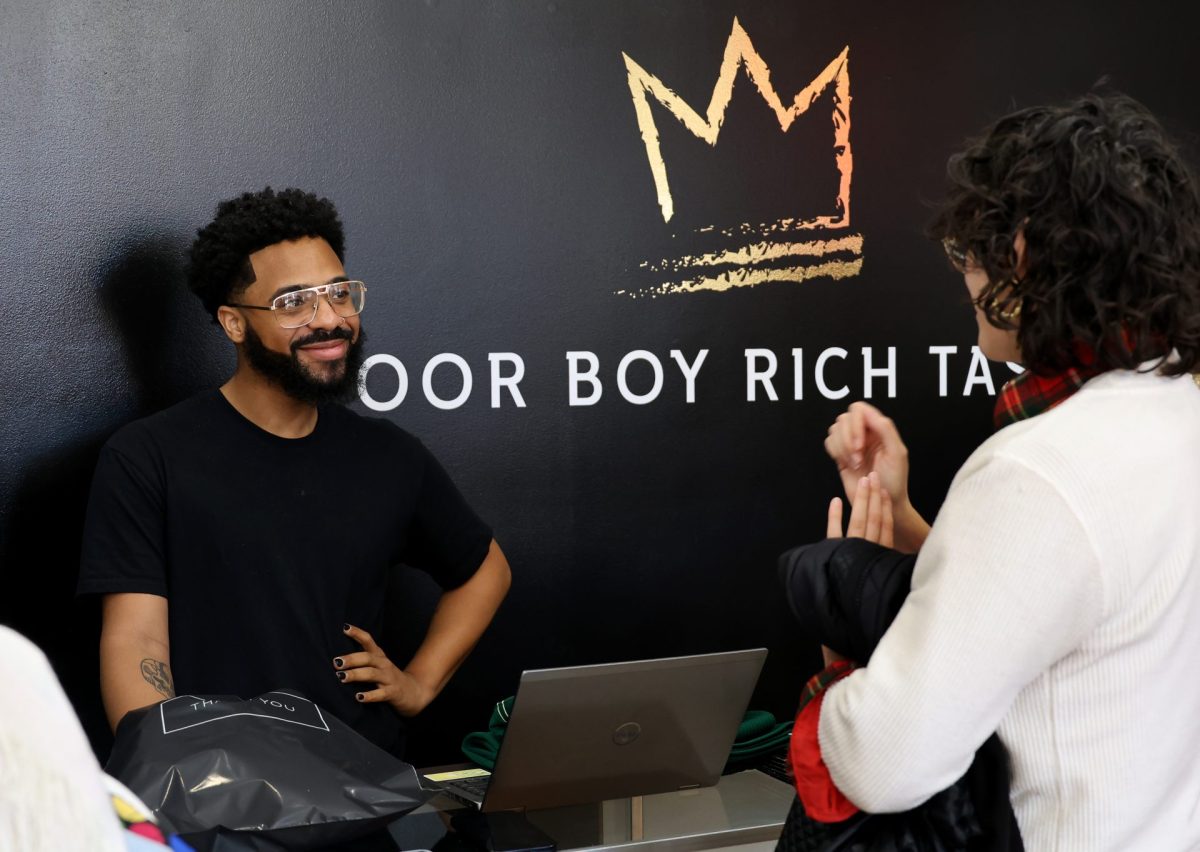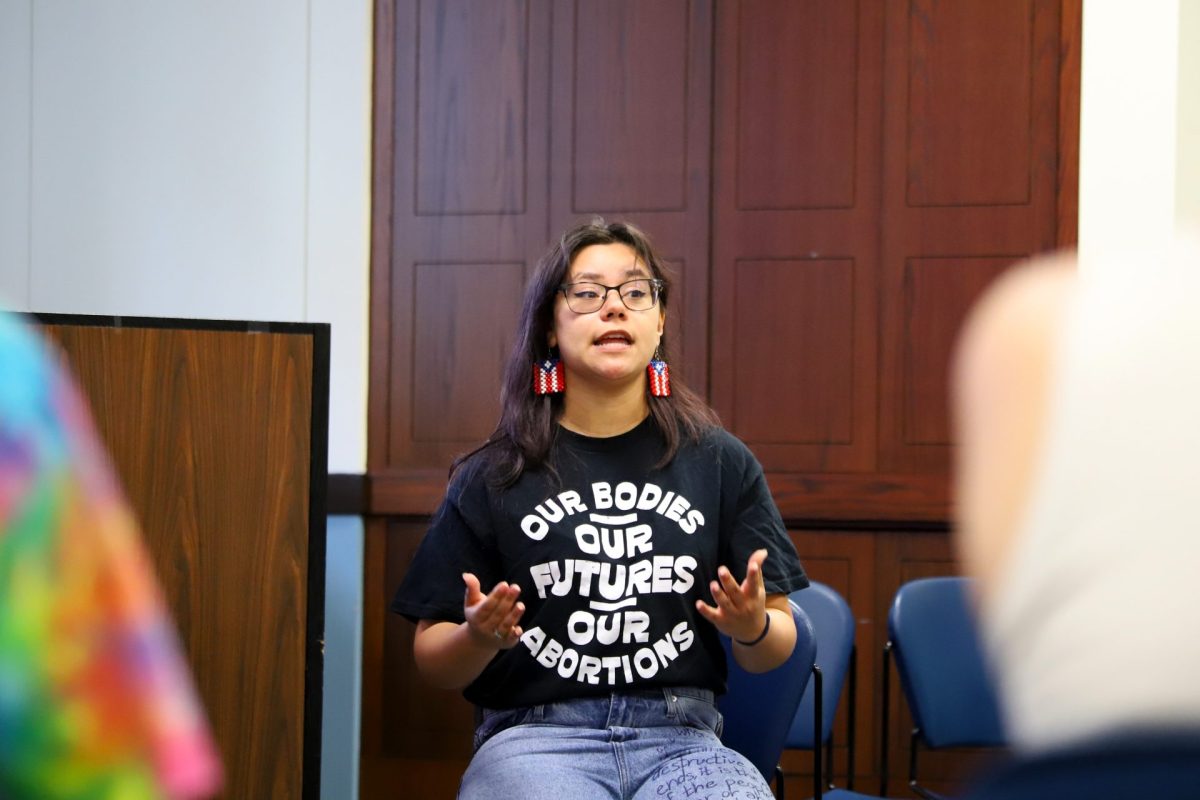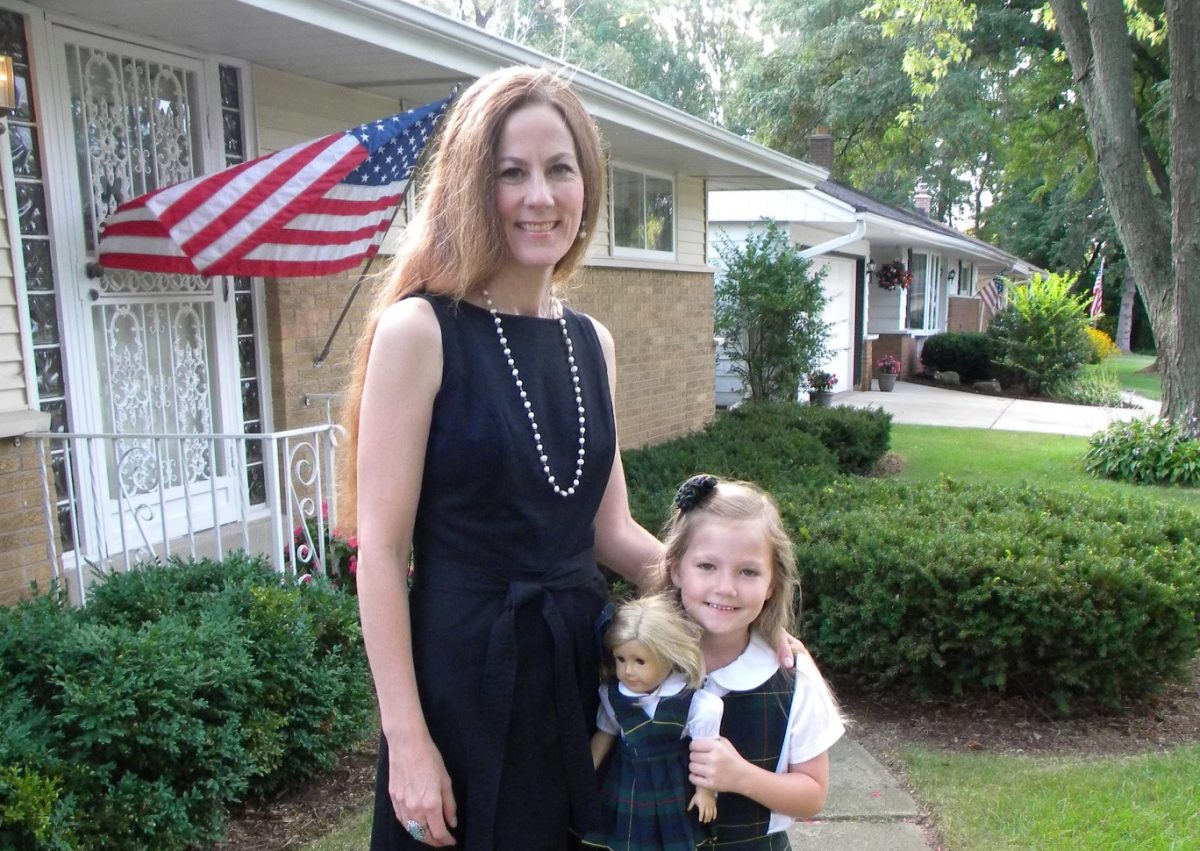When the cast and crew of “Waiting for the Light to Change” — a feature film made by student filmmakers — wrapped production in summer of 2021, a daunting theatrical market promoted a tide of challenge. The fight for their feature would become its own story entirely.
Last October, after floating through months of obscurity, a premiere at the Heartland International Film Festival offered audiences the opportunity to look at rising artistry. By the time credits hit at the annual Indianapolis-based event, an appreciation for student talent rang through the theater.
“Waiting for the Light to Change” grew its buzz with each debut. However, for Linh Tran, a recent DePaul alumna and the film’s director, this all began with something much smaller and more personal: her own interests.
“I’m always fascinated by relationships between women, friends, siblings [and] enemies…with my girl friends, my enemies [and] my sister,” Tran said. “Those combined into what inspired “Waiting for the Light to Change.” It was the most apparent choice for this story.”
“Waiting for the Light to Change” premiers at the Gene Siskel Film Center from Sept. 22-28, with discounted ticket prices for DePaul students.The showing on Sept. 27 will host a Q&A with the cast and crew moderated by filmmaker Michael Glover Smith.
The film centers around youthful exploits and the angst that follows as two high school best friends reunite for a week-long getaway at a Michigan lake house after years apart. Offering discussions on life and death, relationships and intimacy and a wave of emotion coating its corners, the film was created by and for young adults looking to find their place in a complex world.
Heartland would only signal the beginning of the project’s national trek. The film opened across the country, finding theaters in Oakland, New York and the Slamdance Film Festival on the hills of Park City, Utah.
In January, the young artists earned their spot at the festival revered for celebrating emerging talents, winning the Narrative Feature Grand Jury Prize. Praises began to pile up and with them a draw to take this small indie boom into digital landscapes.
The project then signed a deal with Freestyle Digital Media, an American independent film distribution company specializing in releasing low-budget films.
Having reached heights that before seemed untouchable, those involved reflect on the space that gave them the opportunity to create. James Choi, assistant professor at the School of Cinematic Arts and executive producer, made it clear what values help drive this plot forward.
“Stories that need to be told…that never had a chance or an opportunity to be told before,” Choi said. “We have the ability to do that at DePaul because we have a great infrastructure. We have great support. And of course, we have great talented students.”
Artists from DePaul’s Indie Studio, an initiative Choi founded in 2017, helped form the film’s cast and crew. Funded by the School of Cinematic Arts, “Waiting for the Light to Change” is the latest of three projects made within the initiative’s brief tenure. Indie helps students acquire micro budgets and leads them through the filmmaking process.
“It all just comes down to this idea about equity and where we stand when you think in terms of filmmaking, as an industry or as an art form,” Choi said. “If you try to eliminate the biggest obstacles that stood in the way of filmmaking and filmmakers, which is money, then what can you do? And what sort of possibilities does that open up for all the diverse voices that are out there?”
Beginning with a micro-budget of $20,000, students must first run through an application process. After admission to the program, they are given hands-on practice regarding the making of a film, covering it one step at a time.
From development, production, post-production and then the film’s release, a broader scope of moviemaking is made known to the rising cast and crew. Battling a larger trend of mainstream consumption, the Indie Studio’s initiative aims to fight a much larger battle.
“We’re consumed by commercialism, consumed by the business of film,” Choi said. “People aren’t really thinking about this and that’s the point of Indie Studio. To empower the students to go, ‘Wait a minute, we have everything in front of us now. We don’t need to play this game or play in the system.’”
Jewells Santos, graduate student at DePaul and co-writer and producer of the film, began to see the value in shaping her power as a filmmaker to her broader goals as a creative.
“I think that this has been a launchpad for all of us,” Santos said. “Getting to have a film, our first feature film, have a theatrical release, come out on DVD, and have a digital release. It’s a really exciting thing to have on my resume, while still not even having my diploma.”
With most of the cast and crew having moved on from their time at DePaul, understanding the value in the craft they helped create reminds them why they chose this field in the first place.
“All my favorite films are independent films,” Santos said. “I love feeling like the people were just out there on their own and had full creative control. When you get away from the studios, and the bureaucracy of marketing and are just able to put things into the world, I think there’s such beauty in that.”
For Choi, honesty means everything.
“You know, your job is to tell the story that’s as honest as possible.,” Choi said. “History was always about exclusivity and asking for permission, and we don’t have to do that anymore.”
After putting two years of work into the project, “Waiting for the Light to Change” defines the ability to create within constraint, putting the human perspective at the core of its story. Linh continues to find new ways to resonate with her film as the audience continues to show her new ways to feel.
“To me, the movie is only half made by my end and the other half is made by the people who come and see it,” Tran said. “Bringing with their backgrounds and outlooks on the world, I’m excited to see the complete movie from their point of view.
Editor’s Note: Freestyle Releasing was corrected to Freestyle Digital Media.

